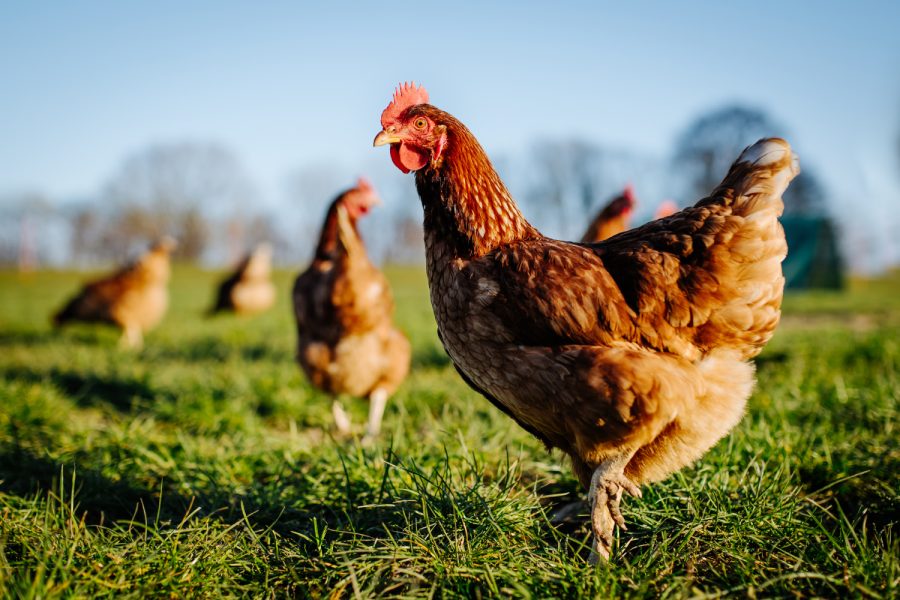Opinion | Latest bird flu epidemic shows the complications of farming
With open-range poultry at-risk and caged chickens proven inhumane, the methodology of chicken farms aren’t cut-and-dry.
April 14, 2022
So far, five cases of the avian influenza virus, commonly known as bird flu, have been detected in farms in four Iowa counties. Prices are set to increase and farming methods are to be put in a gray-area between what is ethical as opposed to what is convenient for customers and their spending, which has agreeably been the million-dollar question for any aspect of modern life.
What complicates matters is that we are given a tough choice that isn’t as clear-cut as before, where it seemed the obvious choice was to let chickens be free-range due to the mental and physical benefits this would give our chickens. However, due to bird-flu risks, having indoor-solutions may be a necessary evil. COVID-19 related supply shortages don’t help either.
According to HuffPost, the first cases in Iowa occurred at the beginning of March, likely to have been spread from wild geese and ducks contaminating the soil with droppings or nasal fluid. This puts free-range chickens at risk of infection. Egg-laying chicken farms have also been infected, which has forced facilities to euthanize millions of chickens to prevent more cases.
Markets have had to increase their prices further such as Cattlemen’s Meat Market, owned by Dan Haskins, laments in an interview with WQAD8: “It’s going to affect your pocketbook. Chicken isn’t a cheap meal anymore like it used to be. And all the chicken byproducts: eggs, your chicken strips, chicken nuggets, all that,” Haskins said in the article.
Because of the bird flu, suppliers raised their prices by 30 cents, going from $2.49 a pound to $2.79. Other meats are also expected to increase in price, as beef can see an increase in price because of rising transportation costs from gas prices rising, because of the efforts to sanction Russia–who supplies 11 percent of the world’s oil.
This will most certainly affect the shopping budgets for many of us who plan to be eating plenty of food as a part of Easter celebrations. As Haskins states in the interview, it truly is a “perfect storm” of pandemic supply shortages and a new sweeping tide of avian flu over our chickens and turkey. Nobody wants to pay more for those tasty chicken tenders.
While one could retort that indoor farming would become more viable because of decreased risk, complete safety can’t be guaranteed. Even just having birds inside an enclosed space wouldn’t help either, as the avian flu can be brought in through clothing that would enter this space because of the survival time that the virus has.
“The virus can live for a long time in the environment and can also be spread by objects or fomites (e.g., shoes, clothing, equipment) that have been contaminated with the virus.” A document by the Center for Food Security & Public Health at Iowa State University explains.
As an avid chicken consumer myself, I’ll have to bear the brunt of increased cost because of this recent development. Thankfully, humans are at low risk for catching bird flu, and transmission only occurs through very close contact with birds infected with the virus. All we can do is deal with the rising cost and learn from our toilet paper mistake back in 2020, that is, don’t panic buy.
Columns reflect the opinions of the authors and are not necessarily those of the Editorial Board, The Daily Iowan, or other organizations in which the author may be involved.



